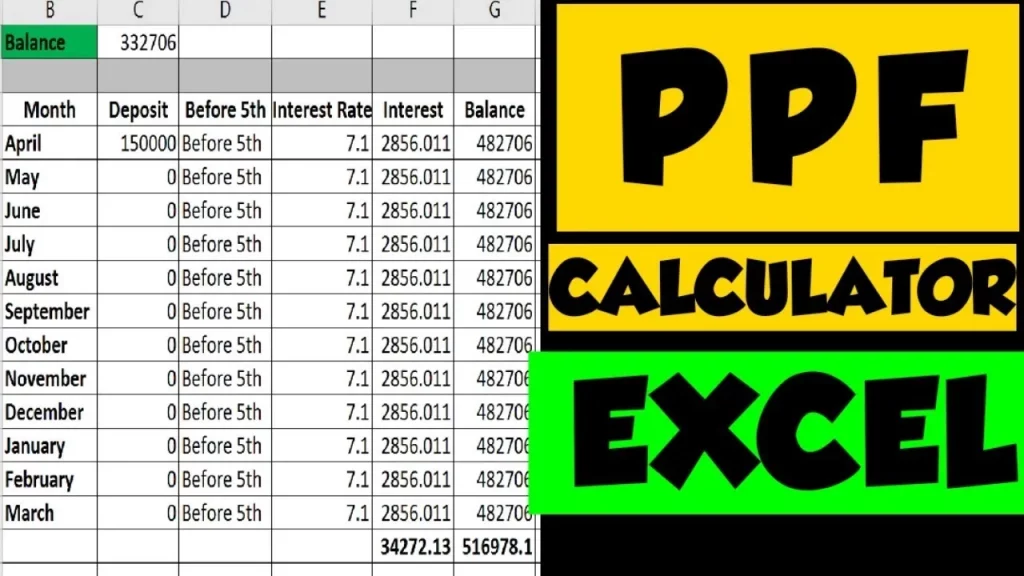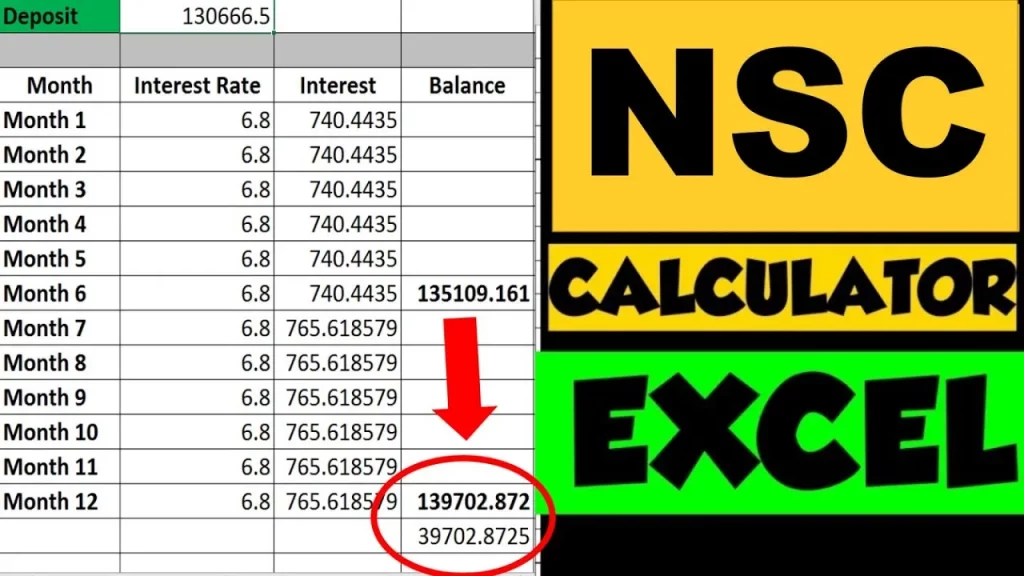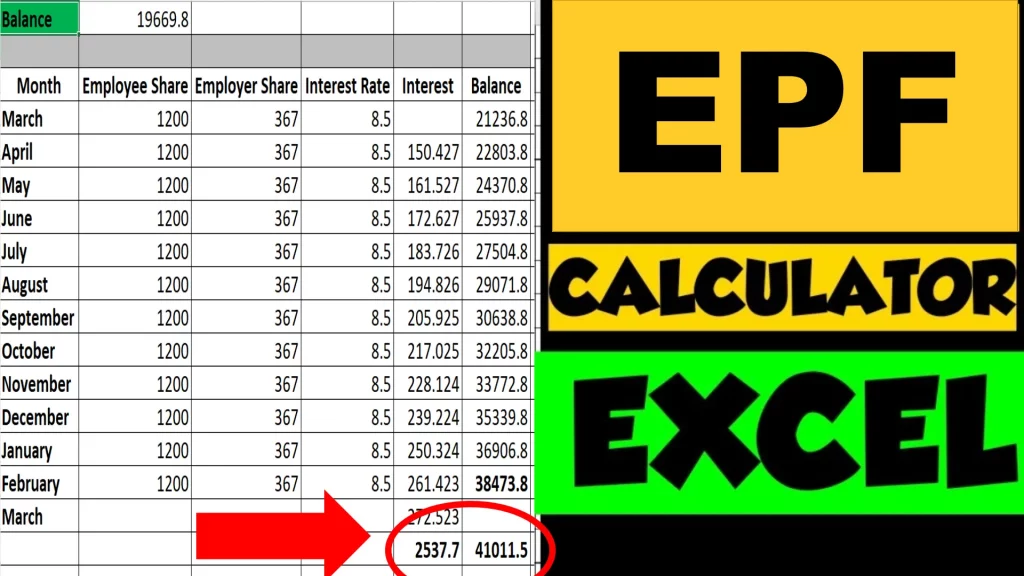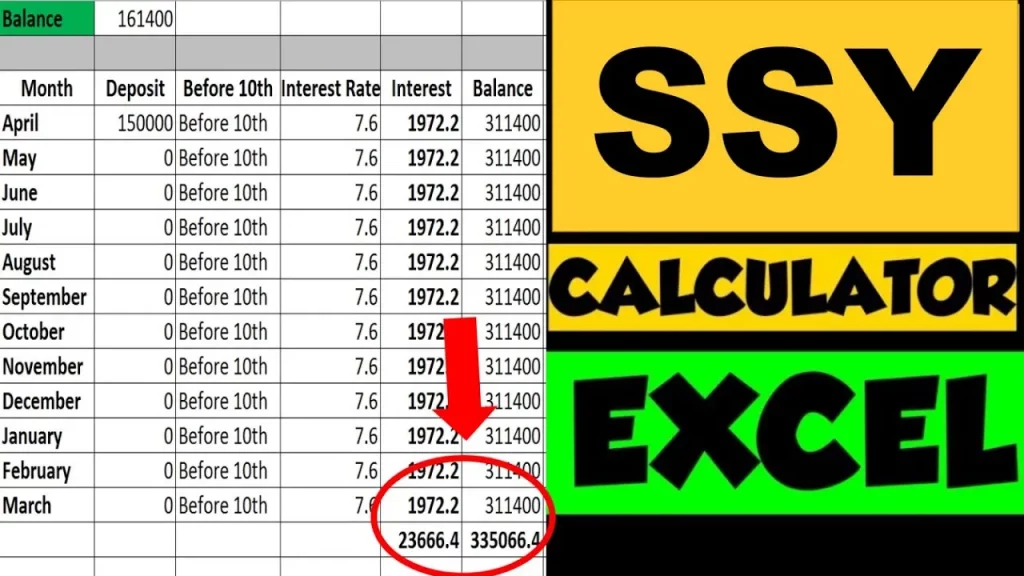In this very interesting topic of Buy or Rent a House, it is very important to understand what are your financial goals, whether buying your own dream house fits in your list of goals, if yes than how are you planning to buy a new house, if not than how are you planning to accumulate wealth while staying in rented accommodation and how you can use Buy or Rent a House excel calculator to take decision? How home loan calculation method works and how your net worth will be calculated in buying or renting a house, we will see these numbers with the help of video. We will address all such queries in this article related to Buy vs Rent a House.
While solving the important question about Buy or Rent a House, we can say that buying a new house will be beneficial if you are planning to stay in same house for a longer period of time. Even if you don’t plan to stay in same house, still buying can be beneficial as you can earn regular rental income from your property. While staying in a rented house also has it’s own advantages like you can move to different cities, you pay less amount as rent compared to EMI of a Home Loan and also you can build wealth while investing the difference between EMI and rent in SIP via some of the best mutual funds.
Buy or Rent a House Excel Calculator Video

As seen in above video, both, buying or renting a house have their own benefits and you’ll reach almost same amount of net worth after 20 years simulation. This proves the buying will be slightly more beneficial to attain peace of mind from day 1.

Read on to know more..
Buy a House – Using Home Loan
When you plan to buy a house, it is pretty obvious that you also plan to take a home loan to buy your own dream house. Gone are the days when people used to save the amount to buy a new house in future. Today, people simply take home loans to buy their dream house (or construct one) with the help of attractive home loan interest rates.
Below are some points when buying a new house on home loan:
- Loan EMI can be easily calculated using Loan EMI Calculator
- Loan EMI depends on factors such as: your income, your loan eligibility, principal amount (loan amount), interest rate and tenure
- Higher the interest rate, more interest you’ll have to pay over the loan tenure
- More the tenure, more interest you’ll have to pay in the form of EMI
- Try to get a good home loan with lowest interest rate and less tenure based on your eligibility
- If you have already taken home loan and regret about the interest rates, don’t worry, I have already covered Home Loan Prepayment calculation here with excel calculator & video. Watch the video to understand better that reducing loan tenure is beneficial than reducing EMI to save lot of interest
- Buying a house have some more advantages like you stay in your own dream house without any limitations, you can claim deductions under Old Tax Regime while calculating your Income Tax and you also save income tax under Section 24 as well.
- You see, government helps you with various tax saving options and want you to buy your own dream house!
So based on your eligibility criteria and affordability, you can easily get the loan and do the math for yourself to save huge amount of loan interest.
Home Loan Calculation Method Video

Rent a House
When you are not planning to buy your own house, chances are you already have a house of your parent and stay with them, or you want to stay in rented accommodation or rented house due to reasons such as you are away from your family temporarily, or you are working in a different city or may be you have plans about moving to different places frequently.
Whatever your reasons are, staying in a rented house is also one of the good options in order to save huge amount of money going away as home loan EMI, to travel to different place while shifting between cities and not staying at one place and to build wealth using SIP in Mutual Funds (more on this later)
Love Reading Books? Here are some of the Best Books you can Read: (WITH LINKS)
Invest the Difference via SIP
Now, if you are staying in rented accommodation and paying rent (instead of staying in your own house and paying EMI), you can invest the difference amount in mutual funds via SIP.
SIP (Systematic Investment Plan) is away to invest in mutual funds on regular basis to take advantage of rupee cost averaging. You need need have to worry about the ups and downs of market so SIP helps you a lot in avoiding much of the decision making while timing the market to invest.
Why Investing the difference?
Look, as you decided, you are staying in a rented accommodation, which means you are lagging behind little bit (financially), compared to yourself owning your dream house. I am not comparing you with anyone else and neither you should do that!
So in order to compensate, you should invest the difference between the EMI you would have paid while owning the house and the rent you are paying currently, so that you can get good returns. I have mentioned about some good midcap mutual funds here if you are interested to invest in some midcap companies to grow your money.
20 years SIP returns calculation Video

Net Worth Calculation – 20 years Simulation
Whether you buy a house or rent a house, it is very important that you know your Net worth at any point of time. The excel calculator we saw above exactly does the same thing of helping you knowing your net worth.
Net Worth – After Buying a House
Let’ see how to calculate your net worth after buying a house first:
- Since buying a house involves Home loan, we calculate the Loan EMI (Equated monthly installments)
- Using our FREE home loan EMI calculator here, you can check your monthly EMI
- Next, your total interest and total amount will be displayed in above calculator
- Total Amount is the amount you will be paying (principal and interest) throughout loan tenure
- If we consider simulation of next 20 years, for example, you bought a house of Rs. 60 lacs with Rs. 20 Lacs down payment and Rs. 40 Lacs loan.
- Considering 5% appreciation on your new house, your house value after 20 years will be Rs. 1.2 crore
Here is some math below with EMI, total interest and total amount to be paid:

As seen above, total amount you paid is Rs. 74.4 lacs and after 20 years, your own house is worth Rs. 1.2 crore.
Let’s see net worth simulation in a rented house..
Net Worth – After Renting a House
In above example of Rs. 31,012 and assuming you get the same house on rent for Rs. 15,000, you save Rs. 16,012 additional amount and you decide to invest this amount in mutual funds via SIP.
Let’s consider that the SIP returns on a good mutual fund is 10% for next 20 years. Below is the stats for same:

As you can see above, after 20 years of SIP, you’ll be able to accumulate close to Rs. 1.22 crore if invested in a good mutual fund.
There is another important point, you save Rs. 20 Lacs of down payment while staying in a rented accommodation, that you would have made while buying a house. We can nullify it in case the mutual fund you selected doesn’t perform well in some years in between, but if it does perform well, renting a house is a better bet if you are ok with the limitations.
ALSO READ: How to Calculate Mutual Fund Returns
Buy or Rent a House – Conclusion
After seeing above stats, it looks good to stay in rented accommodation and build wealth via mutual funds if you do not plan to stay at one place for several years. But if your work location is fixed and you plan to spend your future in same city than buying a house is a better decision.
Buying a house also provides you with various advantages like you live in your own house, your house appreciates with time, also you can give it on rent if moving to some other city and not to forget the investment deductions you can claim while having a home loan that will help you save income tax. Anyway, income tax can also be saved in rented accommodation if your salary structure has HRA (House Rent Allowance) included
Still if you believe that staying on rent is a good choice than make sure to invest the difference amount in good mutual funds via SIP and to build net worth close to your net worth while buying a house.
Some more Reading:
- Income Tax Calculation Examples
- Home Loan Prepayment Reduce EMI or Tenure
- How Compounding happens in SIP
Some more Videos:



Save Home Loan Interest Amount!
Use Home Loan Excel Calculator that will help you to Save Interest Amount on Home Loan EMI.
Click below button to download Home Loan EMI and Prepayment Calculator in Excel:
Watch how Home Loan Calculator in Excel Works
Income Tax Calculator App – FinCalC
For Income Tax Calculation on your mobile device, you can Download my Android App “FinCalC” which I have developed for you to make your income tax calculation easy.
What you can do with this mobile App?
- Calculate Income Tax for FY 2025-26 and previous FY 2024-25
- Enter estimated Investments to check income tax with Old and New Tax Regime
- Save income tax details and track regularly
- Know how much to invest more to save income tax
- More calculators including PPF, SIP returns, Savings account interest and lot more

Use Popular Calculators:
- Income Tax Calculator
- Home Loan EMI Calculator
- SIP Calculator
- PPF Calculator
- HRA Calculator
- Step up SIP Calculator
- Savings Account Interest Calculator
- Lump sum Calculator
- FD Calculator
- RD Calculator
- Car Loan EMI Calculator
- Bike Loan EMI Calculator
- Sukanya Samriddhi Calculator
- Provident Fund Calculator
- Senior Citizen Savings Calculator
- NSC Calculator
- Monthly Income Scheme Calculator
- Mahila Samman Savings Calculator
- Systematic Withdrawal Calculator
- CAGR Calculator
I’d love to hear from you if you have any queries about Personal Finance and Money Management.
JOIN Telegram Group and stay updated with latest Personal Finance News and Topics.
Download our Free Android App – FinCalC to Calculate Income Tax and Interest on various small Saving Schemes in India including PPF, NSC, SIP and lot more.
Follow the Blog and Subscribe to YouTube Channel to stay updated about Personal Finance and Money Management topics.









